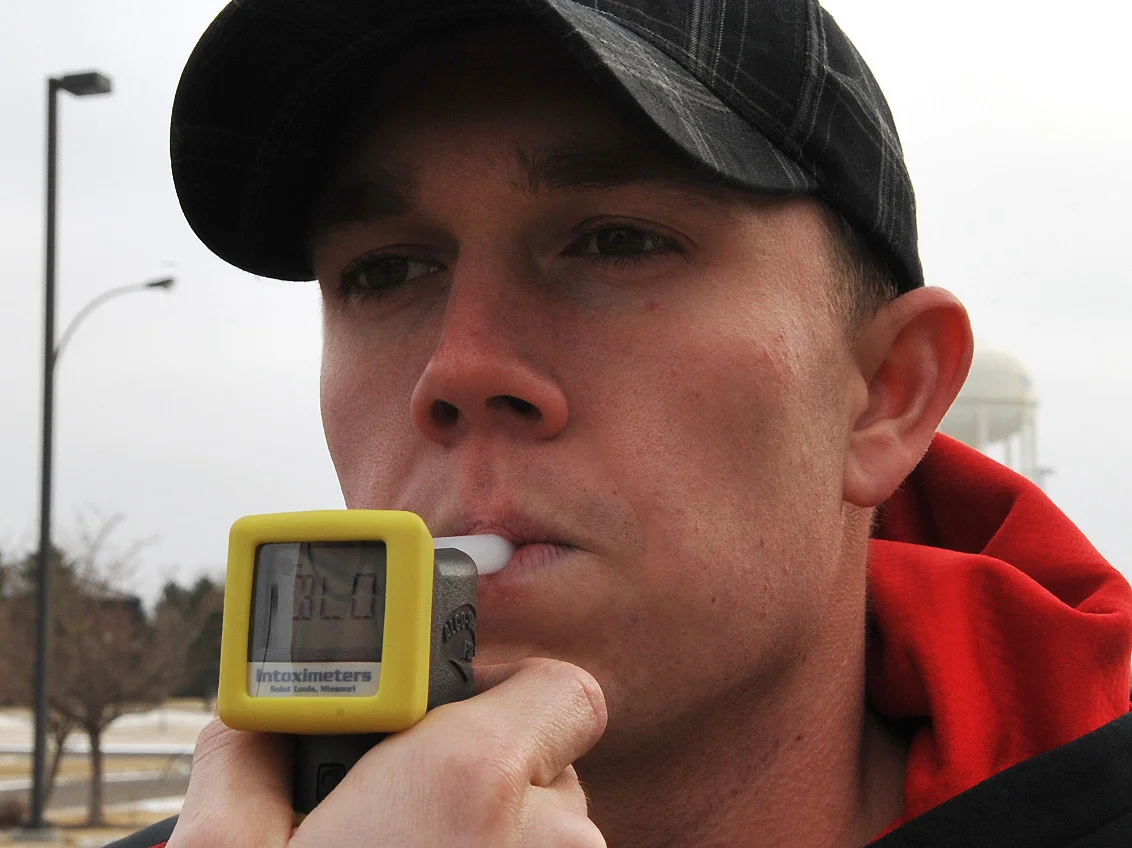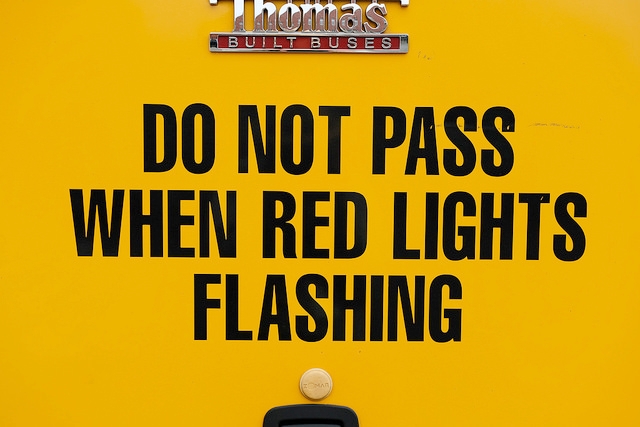Lawmakers and motorcyclists continue to rumble about the 2012 repeal of a Michigan law that previously required motorcyclists to wear a helmet at all times. The new version of the law gives motorcyclists the option to decide whether or not they want to wear a helmet. “Our perspective is that this is a freedom issue and an individual rights issue,” said Jim Roades of American Bikers Aiming Toward Education (ABATE) of Michigan, a nonprofit cycling rights group that was vital in the push for the 2012 repeal. When asked about a potential return of the mandate, Rhoades said, “We would fight tooth and nail. We want people to know we’re not going anywhere.”
The Republican-controlled Congress does not appear to be showing any signs of bringing back the mandate, although science and statistics reveal the price that’s paid when head meets pavement in a motorcycle crash. 146 people were killed in 2016 due to motorcycle crashes, according to Michigan State Police data, which is the highest number since 1985. MLive reports that from 2000 to 2011, an average of 112 motorcyclists were killed per year. From 2012 (when the law took into effect) to 2015, that number has averaged nearly 126 people.
In a 2016 study of 345 motorcycle crash victims treated at Spectrum Health Butterworth Hospital in Grand Rapids, Michigan, 10% of riders who were not wearing helmets died, compared to 3% of riders who did wear a helmet. The study also found that not wearing a helmet leads to more severe motorcycle crash head injuries, more days in intensive care, and more time on a ventilator. Additionally, getting into a motorcycle accident without a helmet and living to tell the tale will cost riders more, as the average hospital cost for non-helmeted riders was $27,760, 32% higher than for riders wearing helmets.
Dr. Carlos Rodriguez, a trauma surgeon at the hospital, told MLive that he happened to be on call the first few days following the law repeal. “We had three or four really bad motorcycle crashes and all of them had not been wearing helmets. It made an impression on me. I thought, ‘Wow, this is more than we normally see.'” The study also found that the number of riders brought to the hospital who had not been wearing a helmet during a crash had quadrupled.
In 2014, Senator Rebekah Warren, a Democrat from Ann Arbor, Michigan introduced a bill that would restore mandatory helmet use in Michigan. The proposal was so unpopular among the legislators that it never even came to a vote. Warren once again proposed a similar piece of legislation in 2015, but it faced the same fate as the 2014 effort. “It’s very disappointing. This is really a public health issue. We are seeing a lot more injuries and deaths for people not wearing helmets,” Warren said. Warren has also stated that she is seeing growing support for restoring the law from medical groups. However, public support means little if the public doesn’t get a chance to vote on the issue. “I feel like with an issue like this, if we could actually have a hearing on what it means in our emergency room, what this means to our loved ones and what it means to all of taxpayers, I think you could change some minds,” Warren expressed.
Senator Warren isn't the only one concerned about the risks to one's health that are created by choosing to ride without a helmet. Dr. Nicholas S. Adams of the Michigan State University College of Human Medicine and Spectrum Health in Grand Rapids recently led a study that found the number of skull fractures and other head and facial injuries doubled in the first three years following lawmakers' decision to make motorcycle helmets optional. Researchers estimate that the risk of facial trauma may be reduced by half and facial injuries by more than 30 percent just by wearing a helmet while riding a motorcycle. Despite these facts, a third of motorcyclists do not wear helmets, even in states where they are required.
Under current law, riders 21 and older may ride a motorcycle without a helmet as long as they pass a safety course or have ridden a motorcycle in the past two years. They are also required to carry $20,000 in medical insurance. Michigan became the 31st state to allow motorcycles to ride without helmets when Governor Rick Snyder signed the bill that was twice vetoed by former Governor Jennifer Granholm. For the time being, it seems the laws will stay the same. Snyder reportedly does “not have any initiative underway to revisit the law," contrary to advice from doctors and researchers such as Adams, who say, "We urge state and national legislators to re-establish universal motorcycle helmet laws."
Motorcycle crashes can put riders, passengers, and other people on the road at risk of a severe injury or fatality. The easiest way to help prevent getting hurt from a motorcycle accident is to wear protective headgear. The endless discussion on whether or not helmets should be required will likely go on for years to come. Yet one thing remains clear: nothing bad ever came from wearing a helmet while riding a motorcycle.
Previously, The Michigan Law Firm, PLLC blog discussed helpful tips on how to safely ride a motorcycle. In this article, wearing a helmet was the number one tip. Wearing a helmet can be the difference between a trip to the hospital and a trip to the morgue, and in a state with poor road conditions like Michigan, you can never take too many safety precautions. If you or somebody you know has been injured in a motorcycle accident or an automobile crash involving a motorcycle, call The Michigan Law Firm, PLLC. Our attorneys are experienced in working side by side with victims to identify possible legal solutions. Call us today, at 844.4MI.FIRM for a free consultation.












